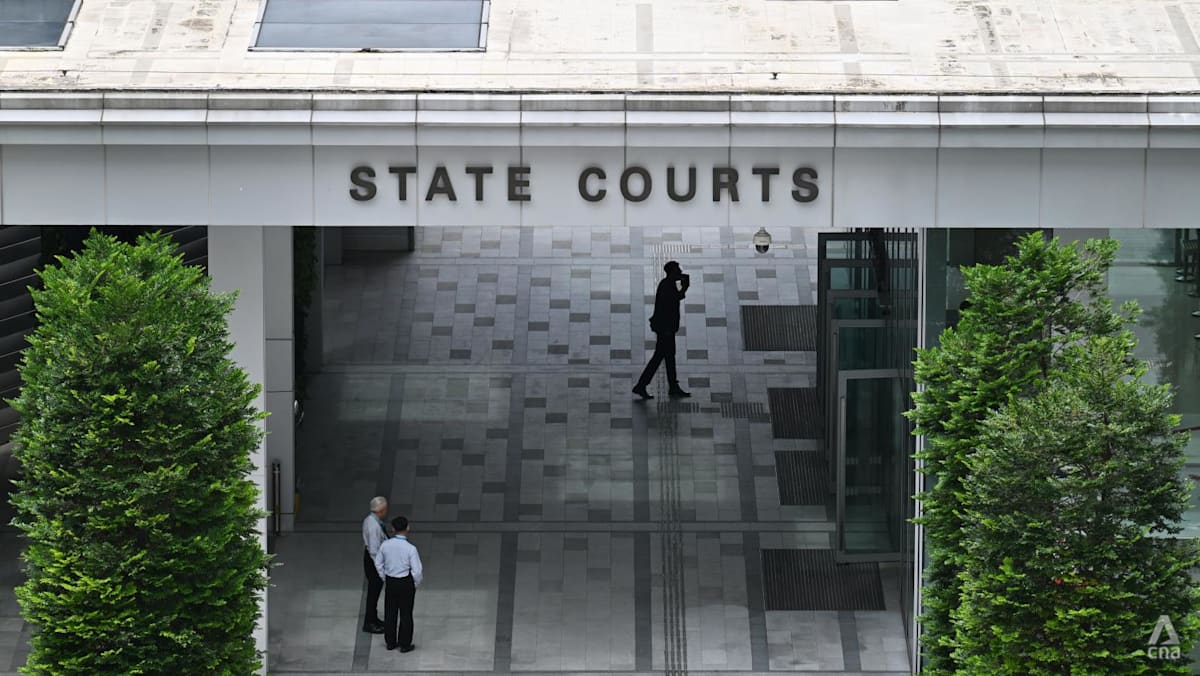When lawyer Stefanie Yuen Thio’s colleague told her about suggestive videos and photos of her circulating on TikTok, an intense dread filled her.
“I have been deepfaked,” the joint managing partner of TSMP Law Corporation and chairperson of SG Her Empowerment (SHE) wrote in an Oct 19 LinkedIn post.
“When I saw those racy videos and photos of me, I felt shocked and confused – the images were fake yet disturbingly real,” she said.
Seeing that there was no nudity, her shock turned into “strange relief” and then, “a violent, palpable sense of violation”.
Deepfakes are realistic but fabricated videos, audio, or images generated with artificial intelligence (AI), making someone appear to say or do something they didn’t. While they can be used for humour or creative experimentation, most deepfakes today are non-consensual AI pornography.
Fuelled by increasingly accessible AI tools, the number of these online deepfake videos has since grown exponentially.






